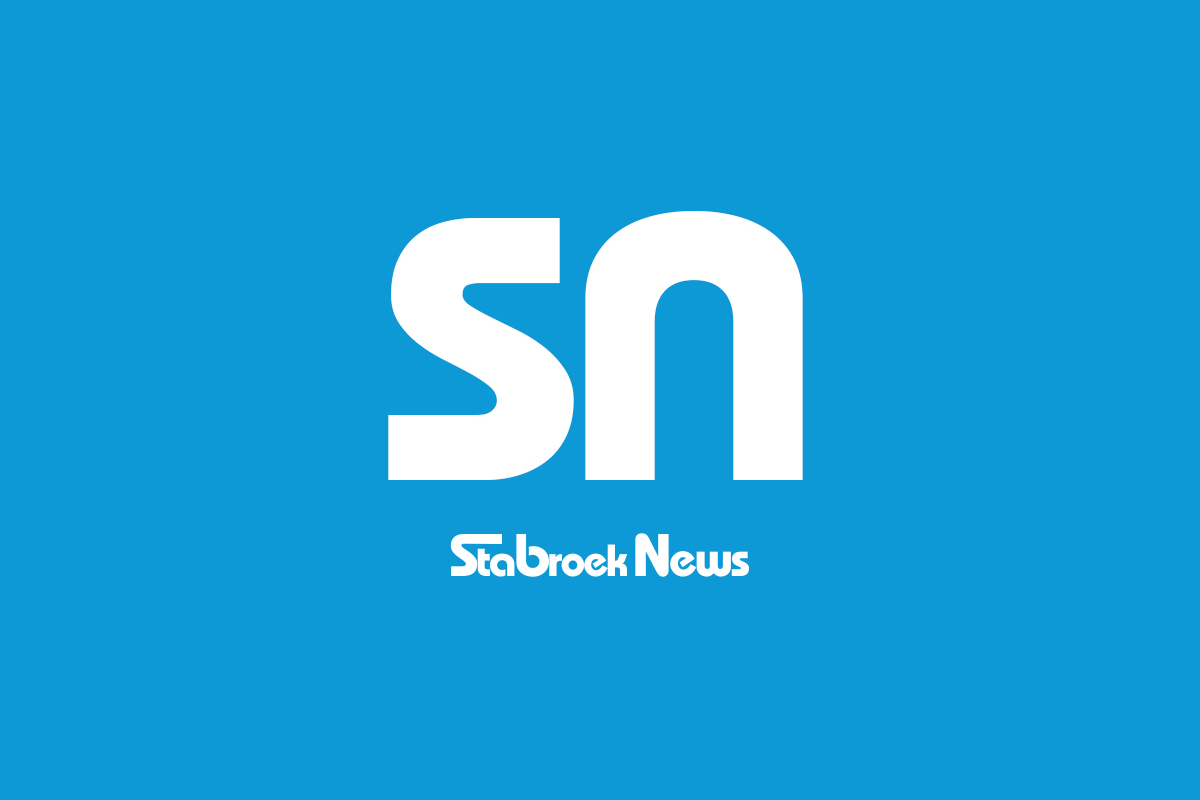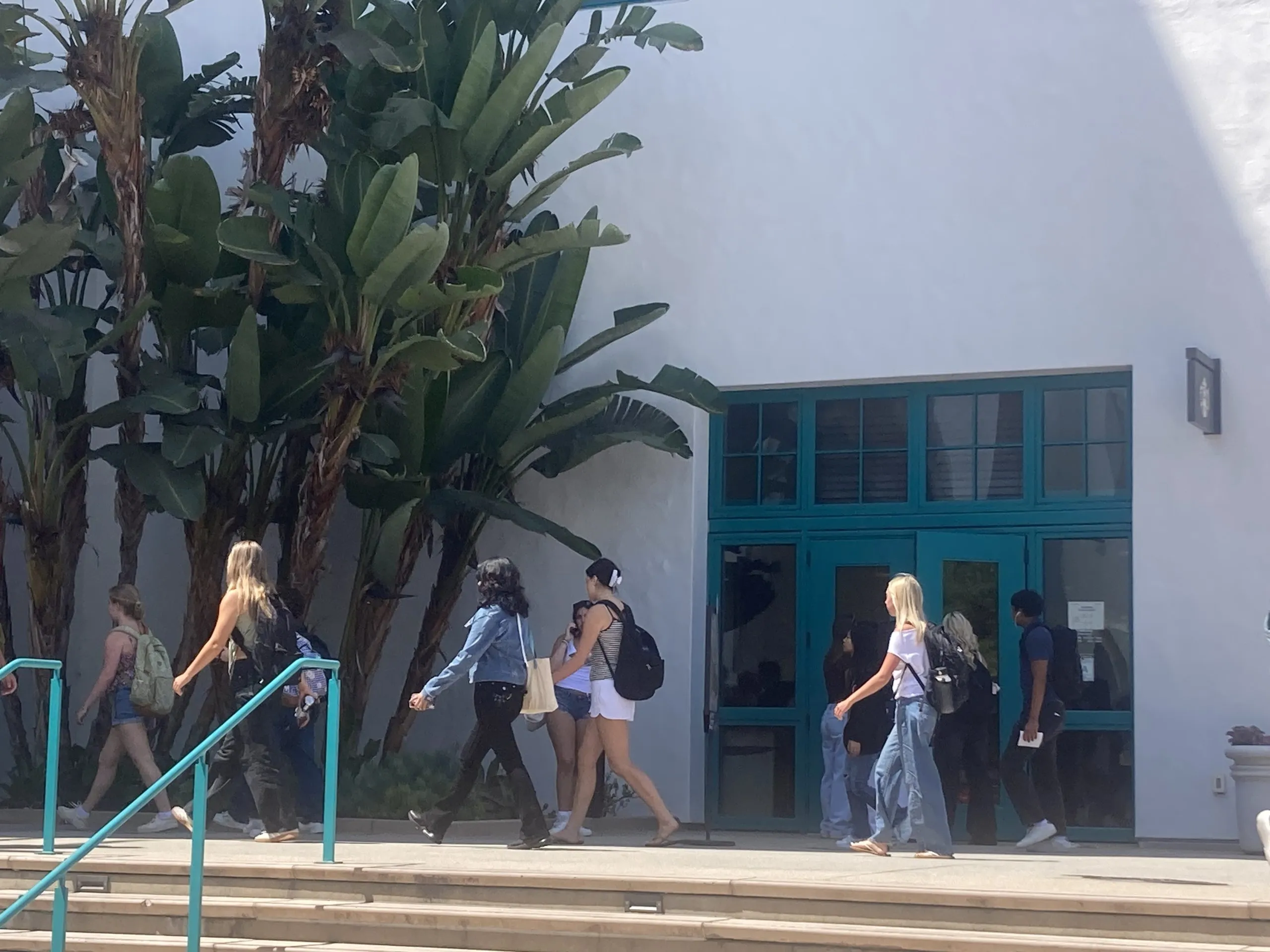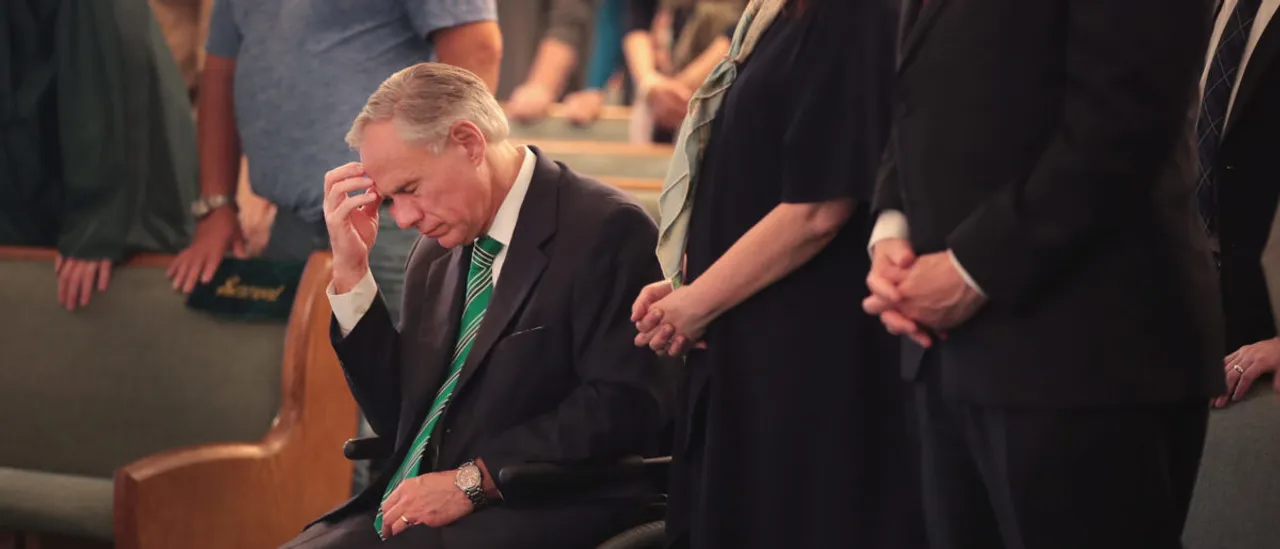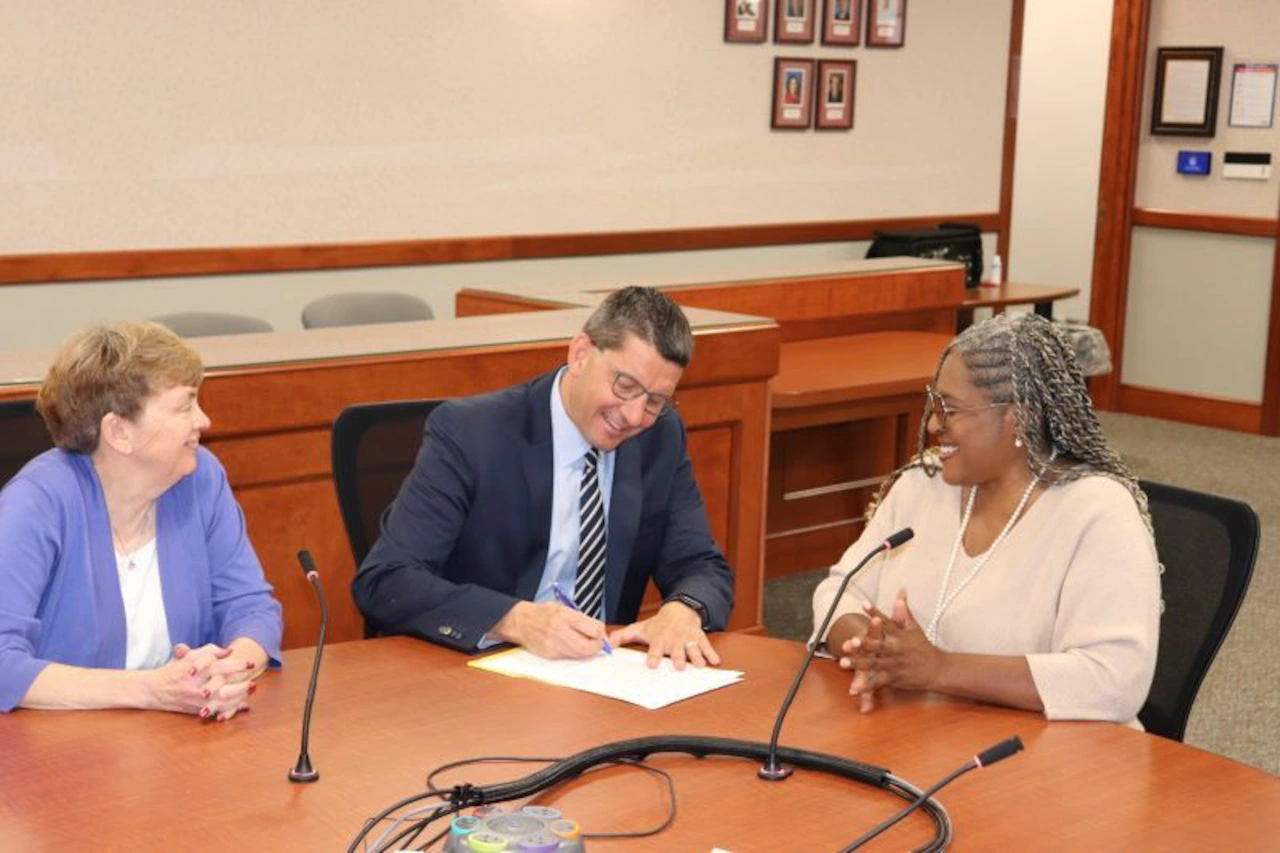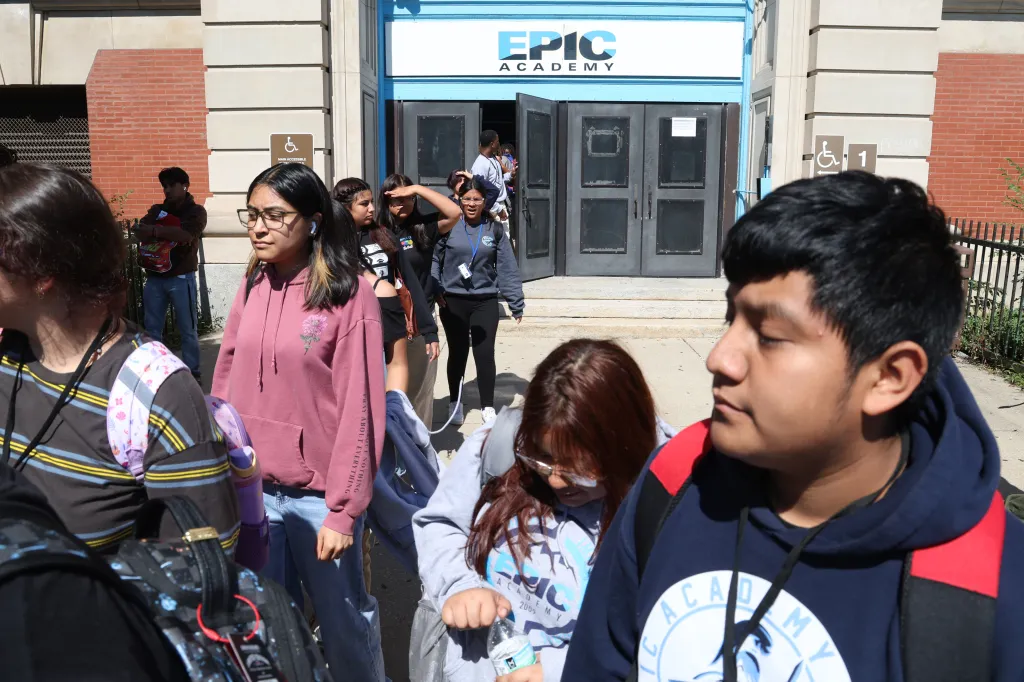
While students scanned their IDs and chatted with staff as they entered the hallways of EPIC Academy, in a nearby classroom, the charter school’s board of directors sat stoically, faces drawn.
Minutes later, the board voted unanimously to close EPIC at the end of the academic year, citing low enrollment as a driver of their troubled finances.
While the vote was unanimous, it was not made lightly, board of directors Chair Andrew Annacone said at the meeting Wednesday morning.
“There’s not a person in this room who isn’t troubled and saddened by this moment,” Annacone said. “No one, from families, to staff, to teachers, to students, to CPS (Chicago Public Schools), wants to see us close, and we wish it were possible to remain open.”
Dwindling enrollment numbers since 2020 have severely impacted the school’s bottom line, which ties its revenue to each student that attends the school, EPIC Academy Executive Director LeeAndra Khan told the Tribune. When Khan started at the high school in 2020, the total enrollment was 566 students. Five years later, enrollment has plunged 55% to 255 students in the current school year.
This drop came in tandem with rising operational costs for the school. There are also multiple other high schools that compete with EPIC for students, including two down the street, which makes it difficult to increase enrollment, Khan said.
EPIC is the latest in a series of charter schools overseen by Chicago Public Schools to announce plans to close, including multiple schools in the Acero Charter Network and a middle school in the Aspira Inc. of Illinois Network at the end of the 2024-25 school year. CPS oversees more than 100 charter schools, including EPIC, which receives public funding from the district based on enrollment alongside outside funding such as grants. Though charters are authorized by the district, they operate as separate and private nonprofit organizations that manage their own day-to-day operations with individual boards.
While school officials hope to keep EPIC Academy open through the end of the academic year, there is no set closure date, Khan said. The academy is in conversations with CPS, which authorizes EPIC and oversees the charter school’s academic performance and financial health, about the potential closure and the possibility of the district absorbing the school or helping financially. EPIC receives around $1 million of funding quarterly by CPS, she added during the meeting.
However, Khan told the Tribune she does not know if that extra financial support will materialize.
“We’re hopeful that the EPIC community can stay together, meaning the students and the staff,” Khan said. “We’re hoping that there is a path that allows this community to stay intact.”
EPIC students, staff voice support for school
In the middle of the board meeting, over 50 students made their way into the room, chanting “E-P-I-C, EPIC’s our community” as they pressed against the walls of the small classroom, stragglers spilling out into the hallway. Some board members and staff cried as the students wrapped themselves around the back walls, with one holding a sign that read “Don’t shut EPIC down!”
The students were silent, eyes fixed on Khan as she likened the school’s financial troubles to a math problem. The choice to shut down is not about the desire for Epic to not to exist,” she said, but a lack of funding and declining enrollment. “The stoicism you see here is not for a lack of emotion. It is the business of the school,” Khan said. “Not a single person sitting up here wants this school to close. Not one of us.”
Still, staff and students pleaded with the board during public comment to find a solution, some tearing up as they called the academy a “safe space” and “family.” The board holds responsibility for the closure, EPIC social studies teacher Andrew Escalante said, and needs to ensure the community is not “scattered” by having CPS manage the school or relocate the EPIC community collectively.
“Students cannot be left in limbo wondering whether they’ll have teachers, classes, or even a school to walk into tomorrow,” Escalante said to the board. “Our students deserve stability and a future they can count on.”
CPS charter schools’ struggles
How to handle and finance charter schools has been debated since the education style emerged in the 1990s, drawing criticism from groups such as the Chicago Teachers Union, which claimed in a report this year that the model has caused abrupt school closures, financial mismanagement, worse student outcomes and labor violations.
This view was reiterated by the union Wednesday afternoon, with CTU President Stacy Davis Gates criticizing the charter school model in a statement and claiming both CPS and EPIC’s board of directors failed to provide the necessary oversight to ensure students and staff have a stable school future.
“CPS has the responsibility to listen to parents and students and find the best course of action to keep this school community whole,” Gates said. “Whether that means CPS takes over management of the school or they move the school community — students and staff — to nearby South Shore International College Preparatory High School, CPS has the options and tools to protect a school community.”
Shuttering schools such as EPIC and those in the Acero and Aspira Networks is a result of “outside factors,” according to Illinois Network of Charter Schools President Andrew Broy, including higher CTU salaries that are unaffordable for the charter school economic model, and a lack of adequate funding from CPS.
“They’re all part of the same story,” Broy said. “There’s no coincidence that Acero and Aspira and EPIC are all CTU-organized charter schools,” adding that CTU members have led strikes in the past that he said resulted in contracts that are difficult for schools to pay.
Broy added that it has become harder to find charter schools in the district’s enrollment and application system, which he feels makes enrolling at charter schools more difficult and contributes to the low enrollment that leads to school closures.
The decision to close EPIC, which opened in 2009, comes months after the Chicago Board of Education approved a two-year renewal of the school’s contract. EPIC met the standards for renewal at the time financially, but later informed the district that they would be unable to meet operational costs, CPS Chief Portfolio Officer Alfonso Carmona told the Tribune.
The renewal decision was based on audited financial data from past school years at EPIC that showed the school was in a good place financially, he said. However, that data cannot predict potential future financial shortcomings that happen year-to-year, such as EPIC’s operational deficit for 2025-26, Carmona said.
In a separate statement to the Tribune, the district said the combination of the EPIC’s enrollment loss, decrease in revenue, increased expenses related to salaries, and the purchase of a new $1.6 million building during the 2022-23 led to EPIC’s current financial situation.
The school has decided to sell the property and cited the costs incurred when buying the building as a primary reason for the school year’s projected operational deficit, according to CPS’s statement. EPIC originally planned to operate through the 2026-27 academic year by selling the building and with additional funding through partnerships and grants, but neither has materialized, the district said.
Efforts to find solutions
Carmona clarified the district plans to present the Board of Education with options regarding what is next for EPIC and is having conversations with them, although no official proposals have been presented, he said.
There are multiple possibilities to help EPIC complete the school year, including advancing its quarterly payments, Carmona said.
In the meantime, CPS “fully intends” to support EPIC and to work with the school community to finish the academic year, Carmona added. Having to transition schools mid-year “would be too traumatic for our students and for our communities,” he said.
“At this point, the most important component is to make sure that there’s no panic that the school year suddenly is ending, that the students have to transition out of their home or their co-home today,” Carmona said. “We’re going to (do) everything possible to make sure that that’s not the case.”
Students will transition to other CPS schools following EPIC’s closure with the district working with families to find each pupil a “home,” he said. The district’s goal is to ensure students transfer to a school where they’re comfortable, and though the EPIC students chose a charter school, they are still a part of CPS and the district’s responsibility, Carmona said.
“They are still our babies. They are still our students, and we have the best intentions and we’re going to make every single effort to make sure that we take care of those students,” he said.
